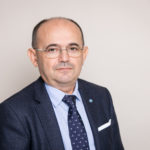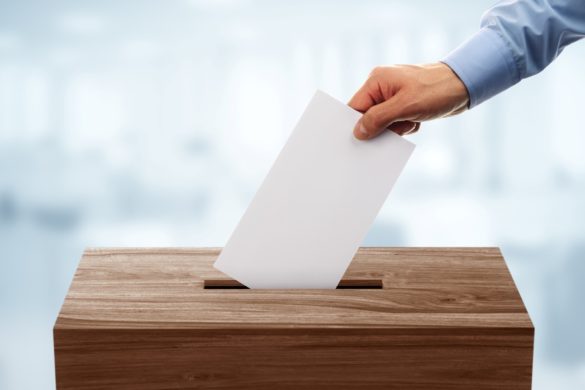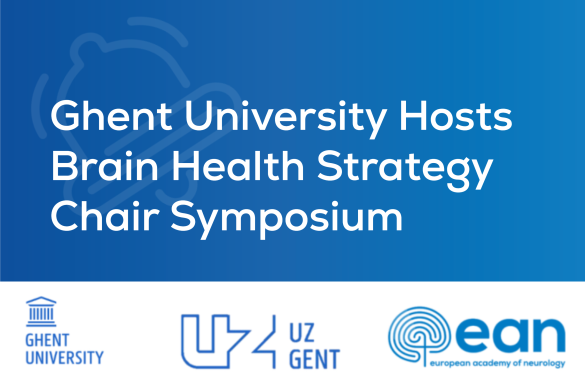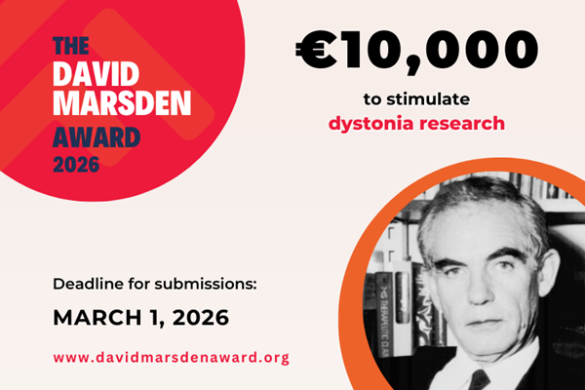Report by Prof. D. Muresanu
Chair, EAN Communication Committee
The 2019 Congress of the Academy for Multidisciplinary Neurotraumatology took place between April 11-12 in Cluj-Napoca, Romania, organized by the Foundation of the Society for the Study of Neuroprotection and Neuroplasticity and its partners.
The event set the stage for two days of intensive talks and debates between 150 participants from 7 countries, on a broad range of problems in clinical neurotraumatology and neuroscience, promoting the integration of new scientific information via keynote lectures, teaching-oriented workshops, and round table discussions. A rich and diverse audience of healthcare professionals interested in this steadily expanding and multidisciplinary field attended the event: physicians, nurses, therapists, public health experts, and clinical researchers. In this article, we report a brief overview of a selection of topics, showcasing the exciting lectures that were covered in five presentation sessions, one round-table discussion, and five interactive group workshops.
In the opening, Dr. Dafin F. Muresanu from Romania, AMN’s Secretary General, provided first-glimpse results from the CAPTAIN II study in Traumatic Brain Injury, the first clinical trial that used a multidimensional approach to capture the complexity of TBI health states. In addition to methodological innovations, the presentation emphasized the importance of fostering neurorecovery as an endogenous continuous brain defense response that is anti-correlated with neuroprotection.
The second day started with a round table discussion on the global burden of TBI, centered on status-quo assessment of the public health problem. Delegates from Austria, Egypt, the Philippines, South Korea, Poland, Russia, Ukraine, Uzbekistan, and Romania provided rich insight and national-level information. The conclusion of the discussion revolved around the potential to use the expertise of AMN help to bridge geographical differences in treatment and human resource availability in TBI through multidisciplinary, cross-country collaboration.
Group workshops were essential highlights of the conference, bringing together top-tier specialists on five key topics. First, an international panel of participants tackled the critical problems that low- and middle-income countries face regarding TBI patient treatment. Delegates identified the following items of importance: incorrect assessment of the TBI, insufficient number of neurosurgeons, treatment availability, competences for acute, post-acute and long-term staff and precarious curriculum of the medical specialization. Another group faced the challenging topic of designing a quality improvement program for medical care in TBI, to describe potential tools and to elaborate attainable milestones for 2025. The group presented a 5-step plan: (1) decreasing time to decision making, (2) early rehabilitation (e.g., aphasia screening, delirium screening), (3) TBI registries, (4) development of a unique and multidisciplinary TBI guideline and (5) definition of a clinical decision algorithm.
Workshops also approached the importance of multidisciplinary treatment concepts becoming the gold standard for TBI patient care, discussing on how these may be achieved and with what priorities. After the debate, the group presented an optimal structure of a multidisciplinary team: neurologists (with expertise in TBI and neurorehabilitation), neuropsychologists, physical therapists, nurses specialized in neurorehabilitation and social workers.
In closing, the last topic challenged the role of the hosts: What should the AMN do to support countries in their mission to improve TBI care? Representatives asserted the need to establish a communication line and feedback cycle across all the parties involved in the patient treatment course in order to promote long-term follow-up and using novel technological solutions, such as an online TBI registry and communication platform. This online initiative could aid in the dissemination of treatment guidelines, patient pathways, and neurorehabilitation guidelines.
A comprehensive summary of the concepts and ideas conceived at the 17th AMN Congress, as well as full workshop and round-table outputs, will be published in the next edition of the Journal of Medicine and Life.
For further details about the scientific program, please follow this link.














